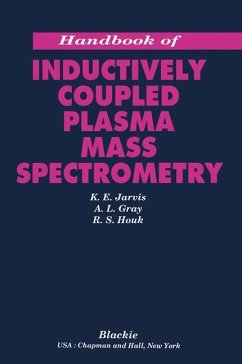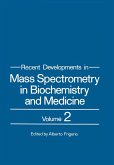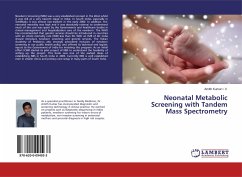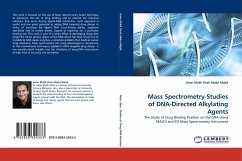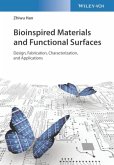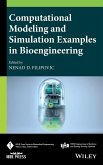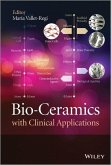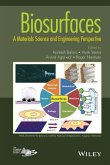Since the introduction of the first commercial inductively coupled plasma mass spectrometry (ICP-MS) instruments in 1983, the technique has gained rapid and wide acceptance in many analytical laboratories. There are now well over 400 instruments installed worldwide, which are being used in a range of disciplines for the analysis of geological, environmental, water, medical, biological, metallurgical, nuclear and industrial samples. Experience oflCP-MS in many laboratories is limited, and there is therefore a need for a handbook containing practical advice in addition to fundamental informa tion. Such a handbook would be useful not only to users new to the technique, but also to users with some experience who wish to expand their knowledge of the subject. Therefore we have written this book for users in a variety of fields with differing levels of experience and expertise. The first two chapters provide a brief history of ICP-MS and discussions of design concepts, ICP physical processes, and fundamental principles of instrument operation. Armed with this background knowledge, users will be better equipped to evaluate advantages and limitations of the technique. Detailed descriptions and information for instrumental components are provided in chapter 3. Subsequent chapters deal with the practical aspects of sample analysis by ICP-MS. Whether samples are to be analysed in liquid, solid ·or gaseous form is always an important consideration, and there is a wide choice of sample introduction techniques.
Hinweis: Dieser Artikel kann nur an eine deutsche Lieferadresse ausgeliefert werden.
Hinweis: Dieser Artikel kann nur an eine deutsche Lieferadresse ausgeliefert werden.

